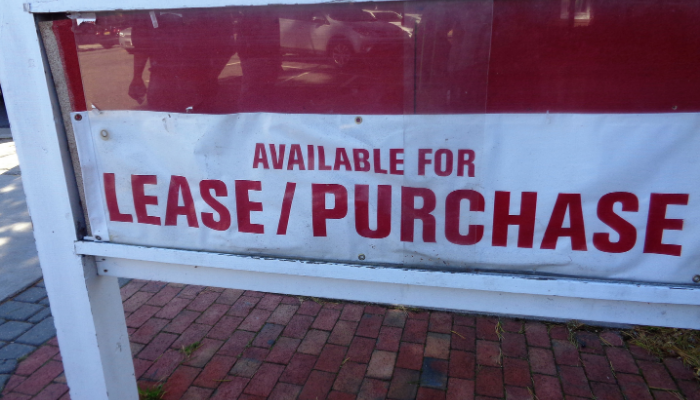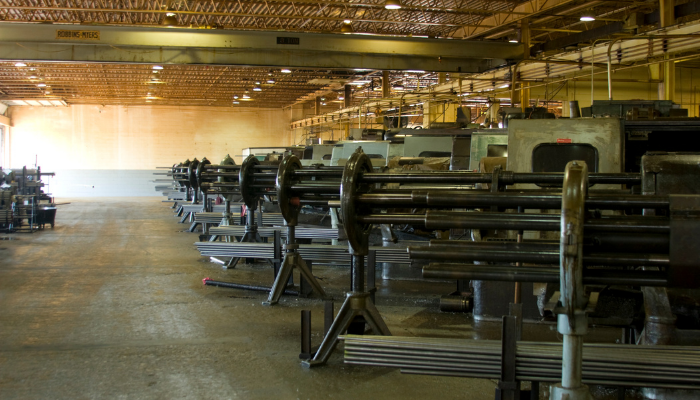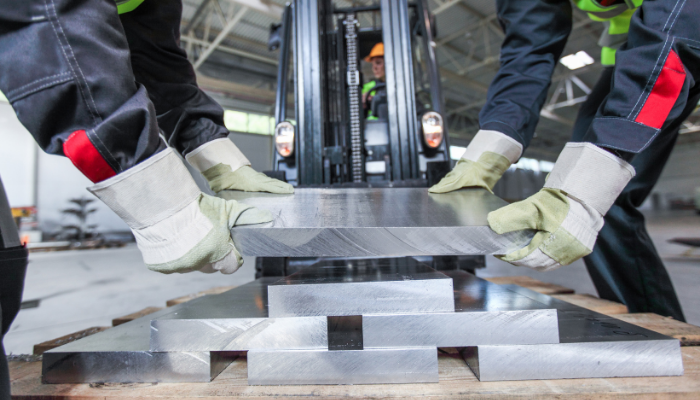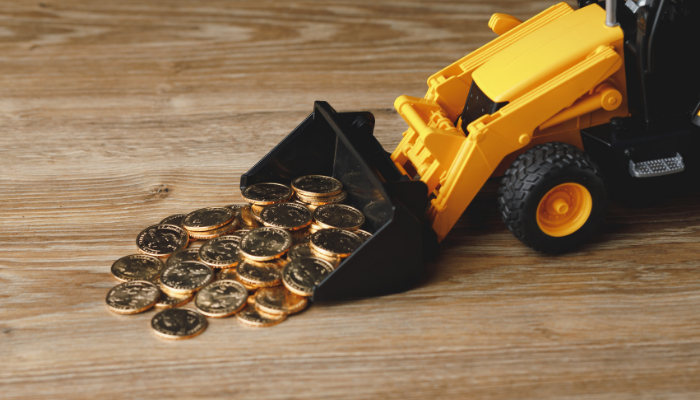
Having the right business equipment on hand from the start can be vital to a company's overall success. However, when it comes to securing this equipment, business owners may have difficulty deciding if they want to lease it or buy it outright. Both options have their benefits and disadvantages, which can only add to the confusion of deciding which option is right for them and their businesses. Owners can reach the right decision by asking themselves these questions before shopping for new equipment.
How Much Can I Afford to Pay?
Affordability proves to be a primary factor in helping people decide whether or not to buy or lease their business equipment. People who are just starting out in the business world or individuals whose businesses perhaps are experiencing tough financial circumstances often lack the funds to buy equipment outright. The better option for them often would be to lease the equipment they need until they can afford to buy it.
However, business owners who have startup capital to spare or those who have been in business awhile and have bulked up their savings may find it better to buy what they need. In the long run, buying does save business owners money, and it gives them the option of using it however they wish without having to check with a leasing company first. Buying can benefit business owners who have the money to spare and want to avoid the commitment that comes with a lease.
How Long Do I Plan to Keep or Use the Equipment?
Some business owners only need certain equipment for a short period of time. Seasonal events like Christmas shopping may prompt owners to obtain computers, stoves and other items to help them serve their clients during the rush. After things calm down, they may want to return the equipment and avoid paying on it any longer. If owners do not plan to keep their equipment permanently, they would do well to lease it rather than buy it. A short term lease often proves to be cheaper than the purchase price for a piece of new equipment. They can use the money that they save and put it to better use.
Can I Afford Obsolesce?
Just like many consumer goods like cell phones and tablet computers, office equipment can quickly become outdated and obsolete. When they are trying to decide whether or not to rent or buy their equipment, business owners may ask themselves if they can afford to have items on-hand that are no longer technologically relevant. If staying up with technological trends could make or break their success, owners may consider leasing equipment, particularly computers, copiers and other high-tech items, rather than buying it. When they lease what they need, they have the option of upgrading once their lease reaches its end. Some lease agreements also allow people to upgrade mid-contract. If they buy these items, people could be stuck with outdated models until they can afford to replace them.
What Kind of Tax Credits Do I Want?
For many business owners, the importance of tax credits cannot be understated. Being able to claim certain expenses can help them save money and recoup cash that otherwise might have been lost permanently. When people buy office equipment, they can claim their expenses on that year's tax return and get all or a portion of their money returned to them. When they lease their equipment, they likewise can claim their lease payments as a business expense for every year that they are paying on that agreement. Knowing how leasing or buying equipment can affect their ability to receive tax credits could influence how people go about obtaining the things they need for their businesses.
Leasing business equipment or buying it outright comes with several unique benefits, as well as disadvantages. Business owners can choose the right acquisition method for them and their companies by asking themselves these questions.

















